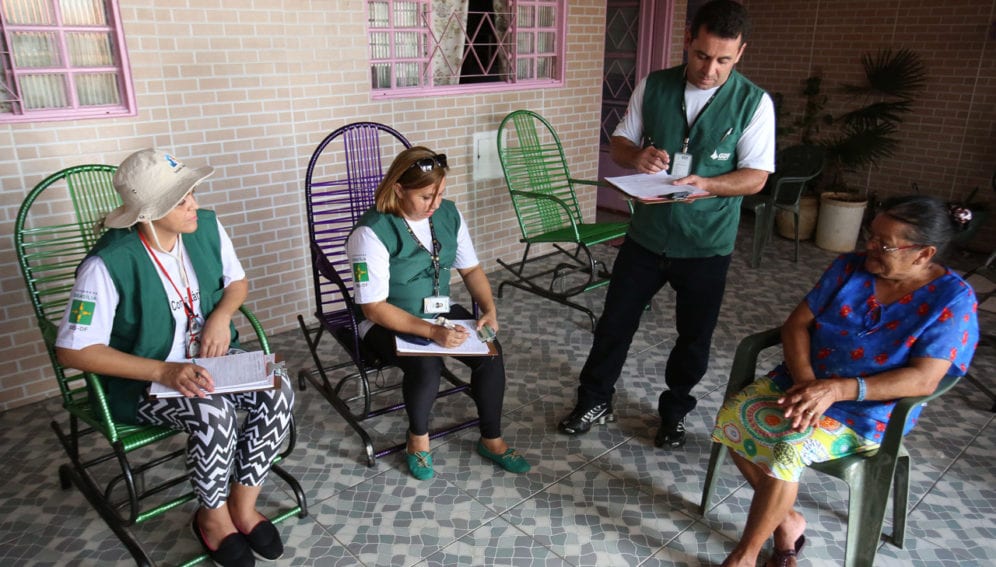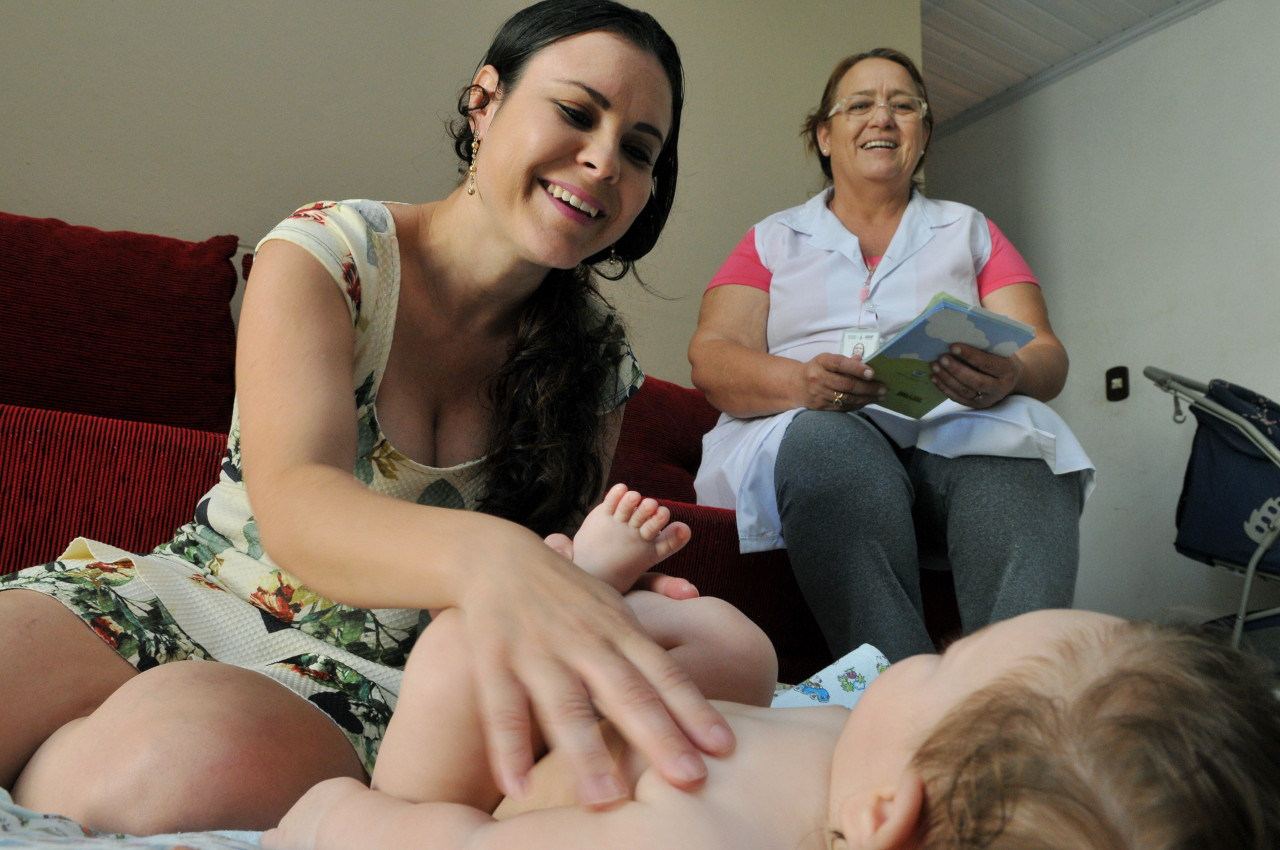20/08/20
Community health workers face violence, disease risks

Send to a friend
The details you provide on this page will not be used to send unsolicited email, and will not be sold to a 3rd party. See privacy policy.
Brazil’s community health workers serve 75 per cent of Brazil’s 210 million residents, yet just nine per cent have been given personal protective equipment or infection control training, say global health experts.
The 286,000 community health workers (CHWs) “are the bedrock of Brazil’s Unified Health System [SUS]”, says Gabriela Lotta, a professor at the think tank and education institution, the Getulio Vargas Foundation.
However, Brazil’s community health model — once admired internationally — has been neglected during the COVID-19 outbreak, says Lotta. She sounded the alarm about the safety of CHWs in a comment in The Lancet, co-written with Clare Wenham, a London School of Economics global health policy professor, João Nunes at the University of York and Denise Nacif Pimenta from the health research institute, the Oswaldo Cruz Foundation.
In March, scientists from the London School of Hygiene and Tropical Medicine and Imperial College London highlighted Brazil’s CHW programme as a model that other countries could follow in their response to the pandemic.
Amref Health Africa UK chief executive, Camilla Knox-Peebles, who was involved in the response to the 2014-2016 West Africa Ebola outbreak, says CHWs played a critical role in curbing and containing the disease.
“The Unified Health System has fought to serve the population, even with an authoritarian government.”
Roseni Pinheiro, Institute of Social Medicine, State University of Rio de Janeiro
“Building on learning from the Ebola crises, national governments need to mobilise CHWs, alongside nurses and other key health professionals,” she says. As CHWs are exposed to disease on a daily basis, they need to be supported, paid and protected, Knox-Peebles argues.
Each CHW provides primary health care to 200 families and “establishes a relationship of trust between the communities and the health system”, Lotta tells SciDev.Net. “They know where the young, the elderly and vulnerable areas are.
“This proximity to communities is vital for ground-level outbreak surveillance.”
Scientists hoped this community access would prevent Brazil from becoming an epicentre of the COVID-19 outbreak. But, the role of CHWs has not been clearly defined and the government’s “failure to prepare and protect CHWs undermines physical distancing measures, places them at risk, and contributes to the neglect of marginalised groups”, Lotta and her fellow authors say.
Listen to our latest podcast
|
|
There are fears that at least 50 community health workers have died as a result of COVID-19, but this number is likely to be “vastly underestimated” as deaths of CHWs are not registered in Brazil’s official statistics of health worker mortality, they argue.
“It’s an analogy of what has happened in the country since the beginning of the pandemic, a case that reflects the wrong decisions of the Brazilian government and the failure of President Jair Bolsonaro and his administration to recognise the severity of the pandemic,” says Lotta, also a researcher at the Center for Metropolitan Studies in São Paulo.














